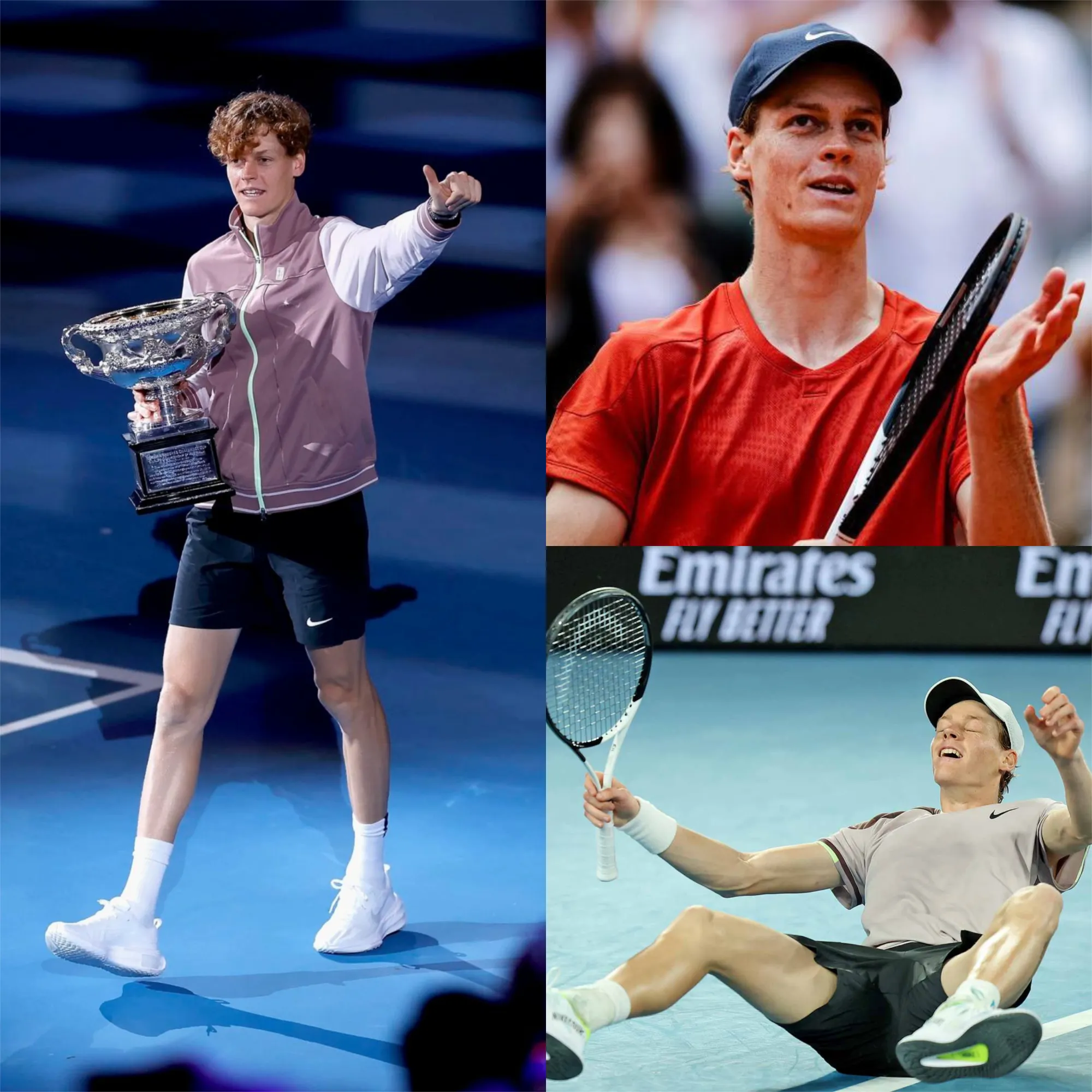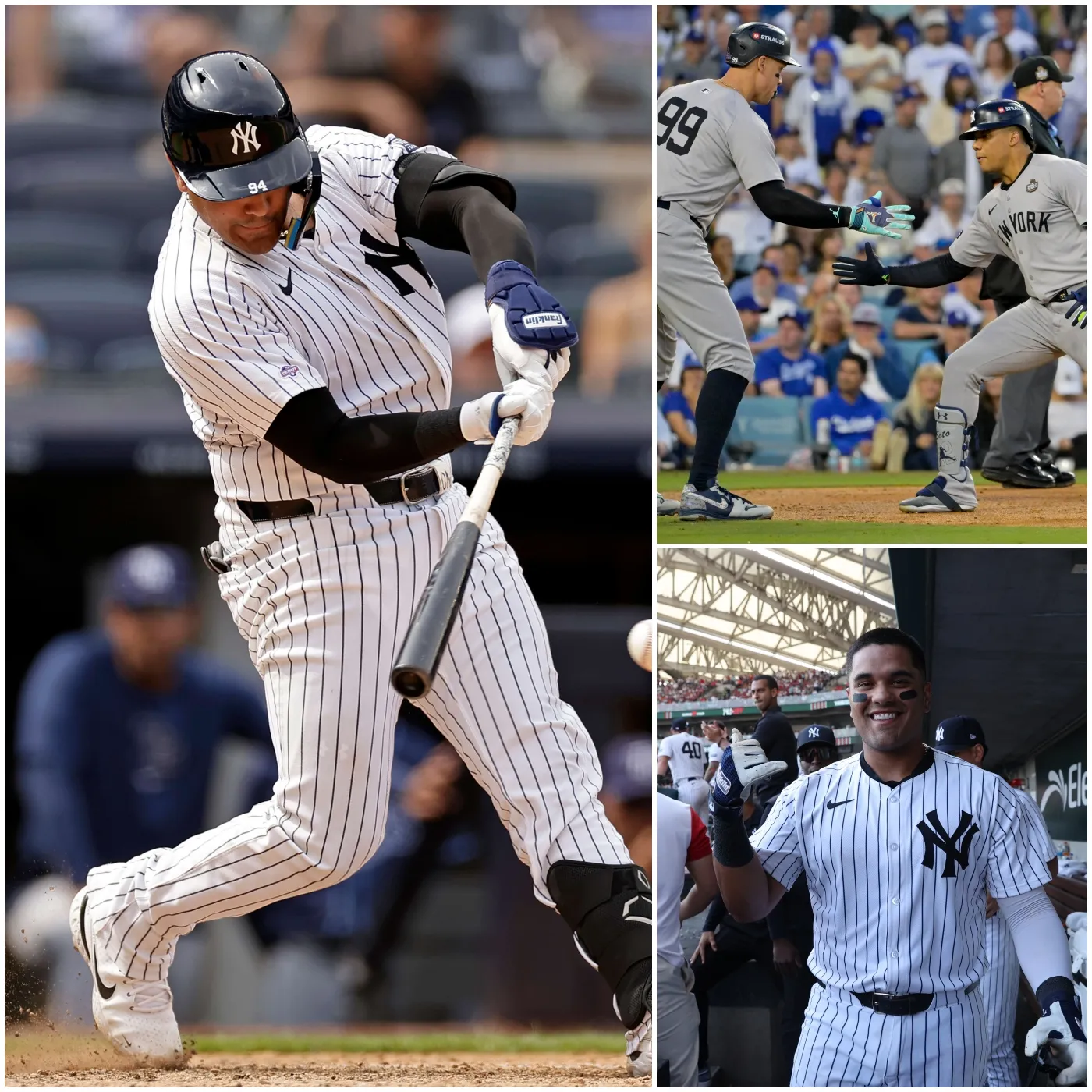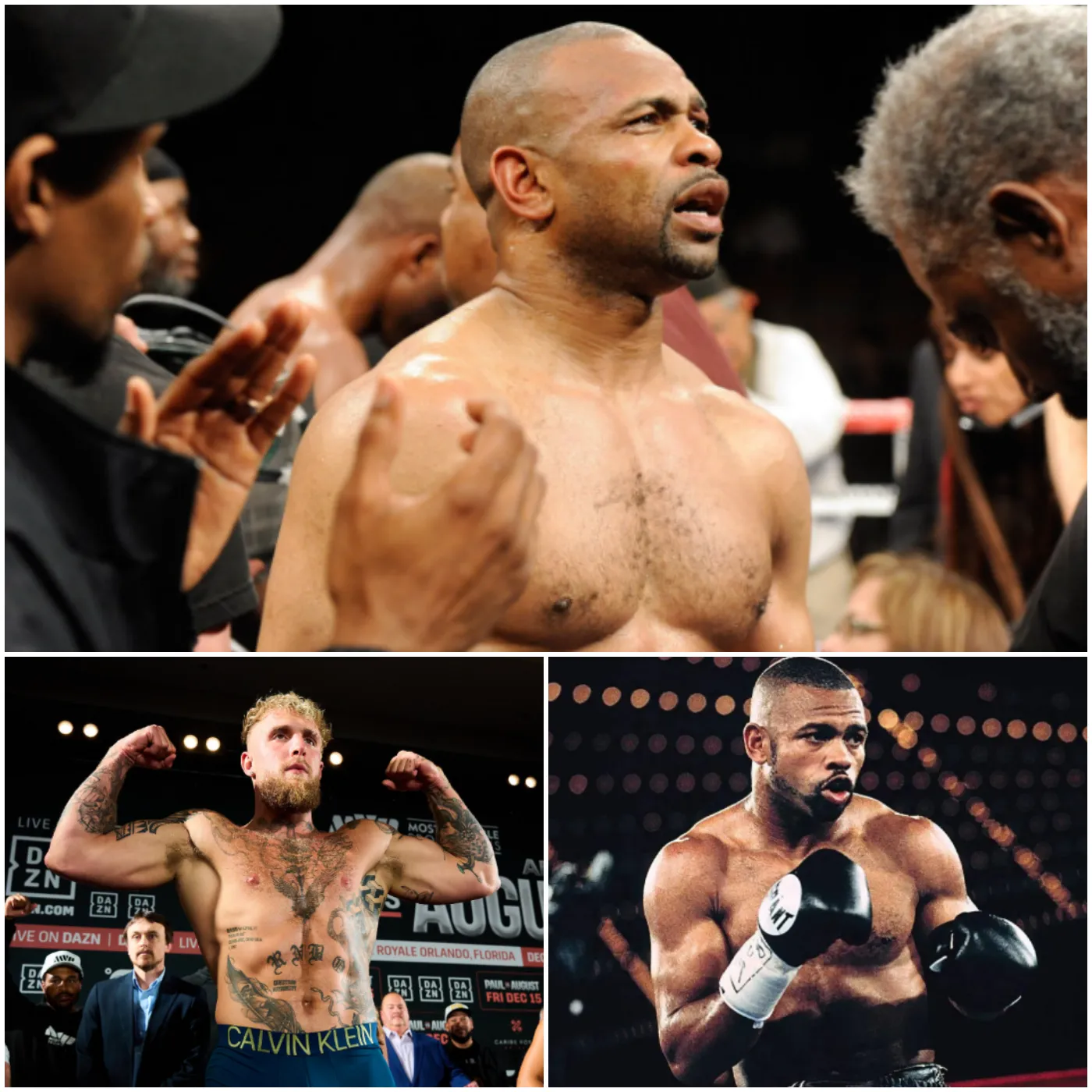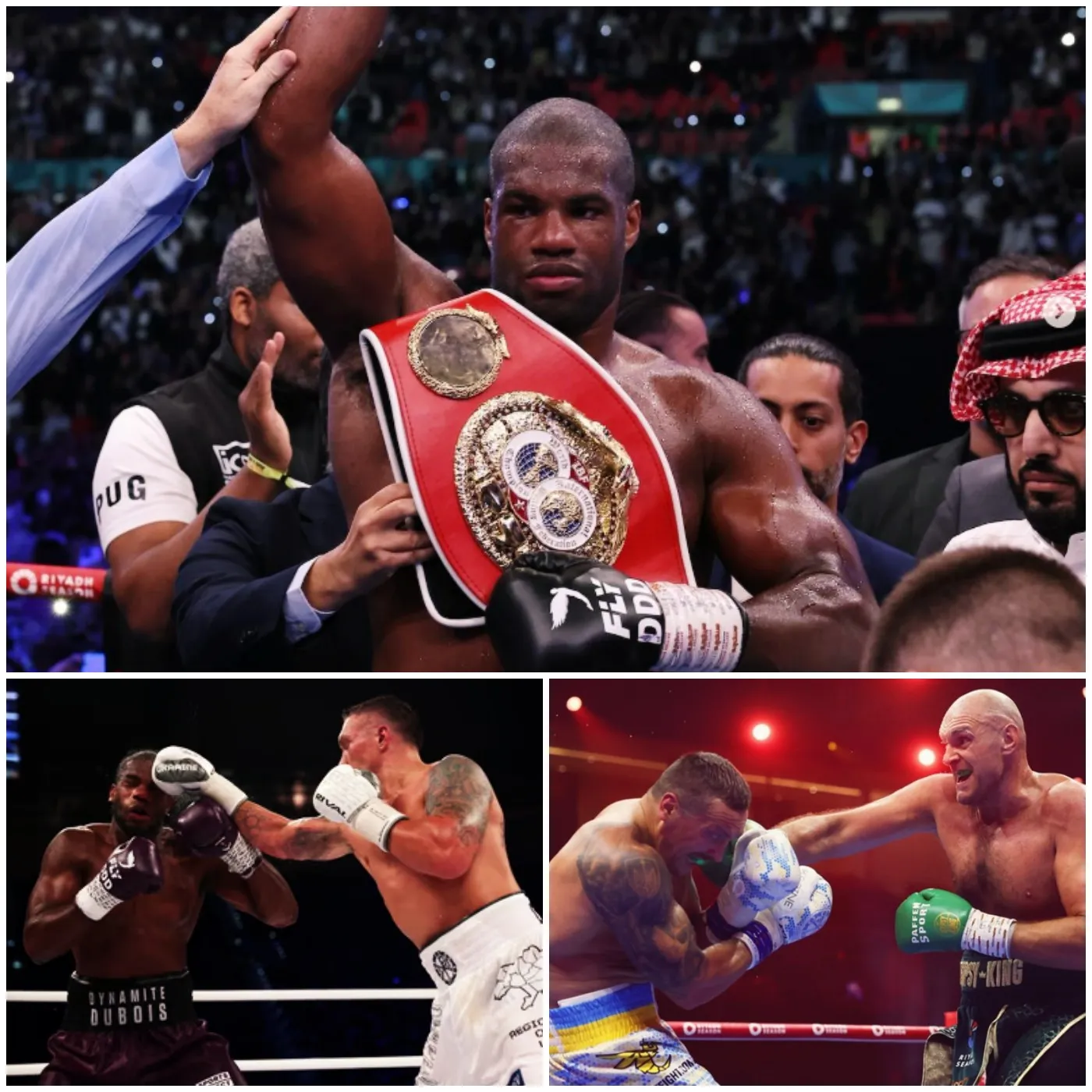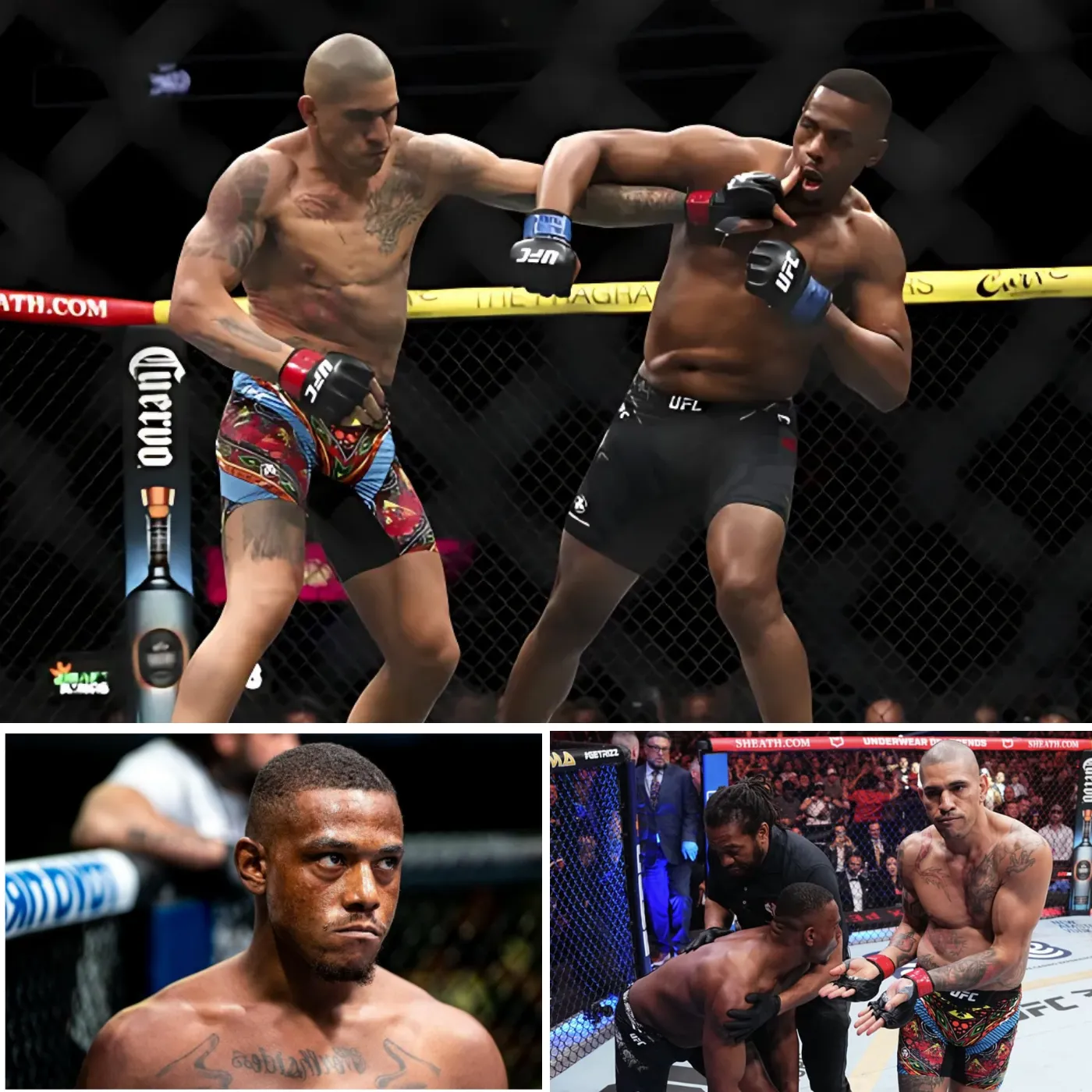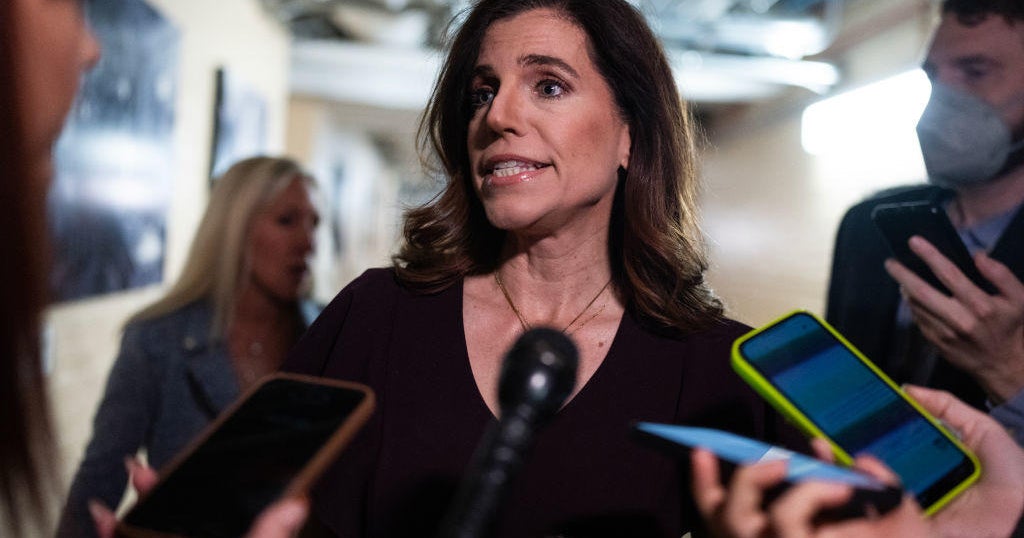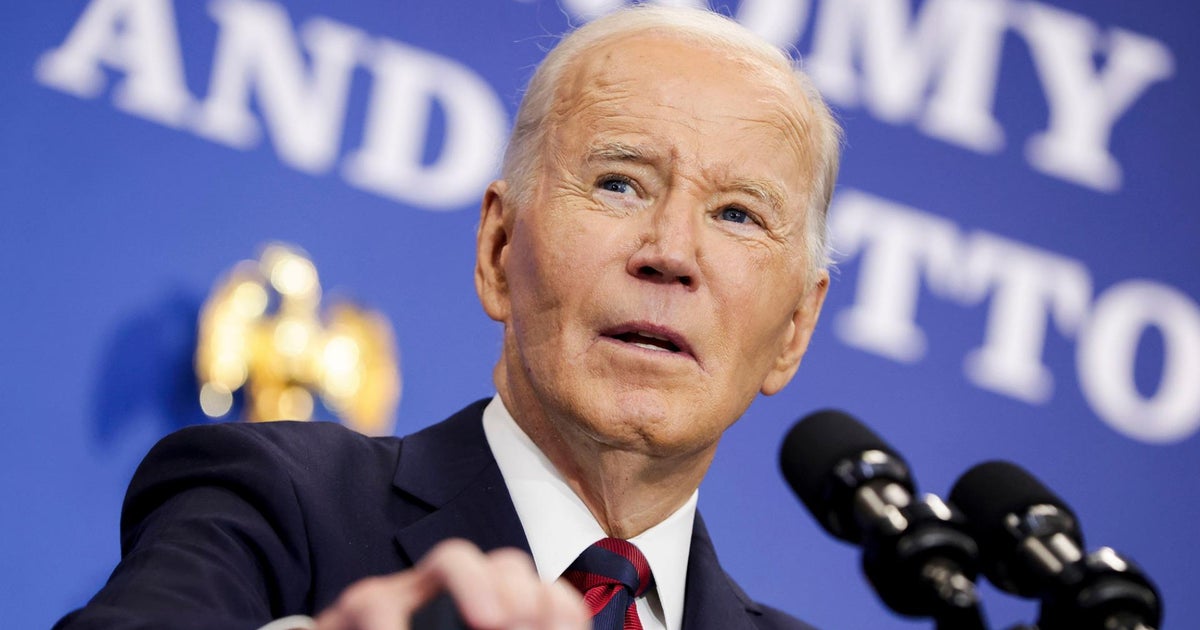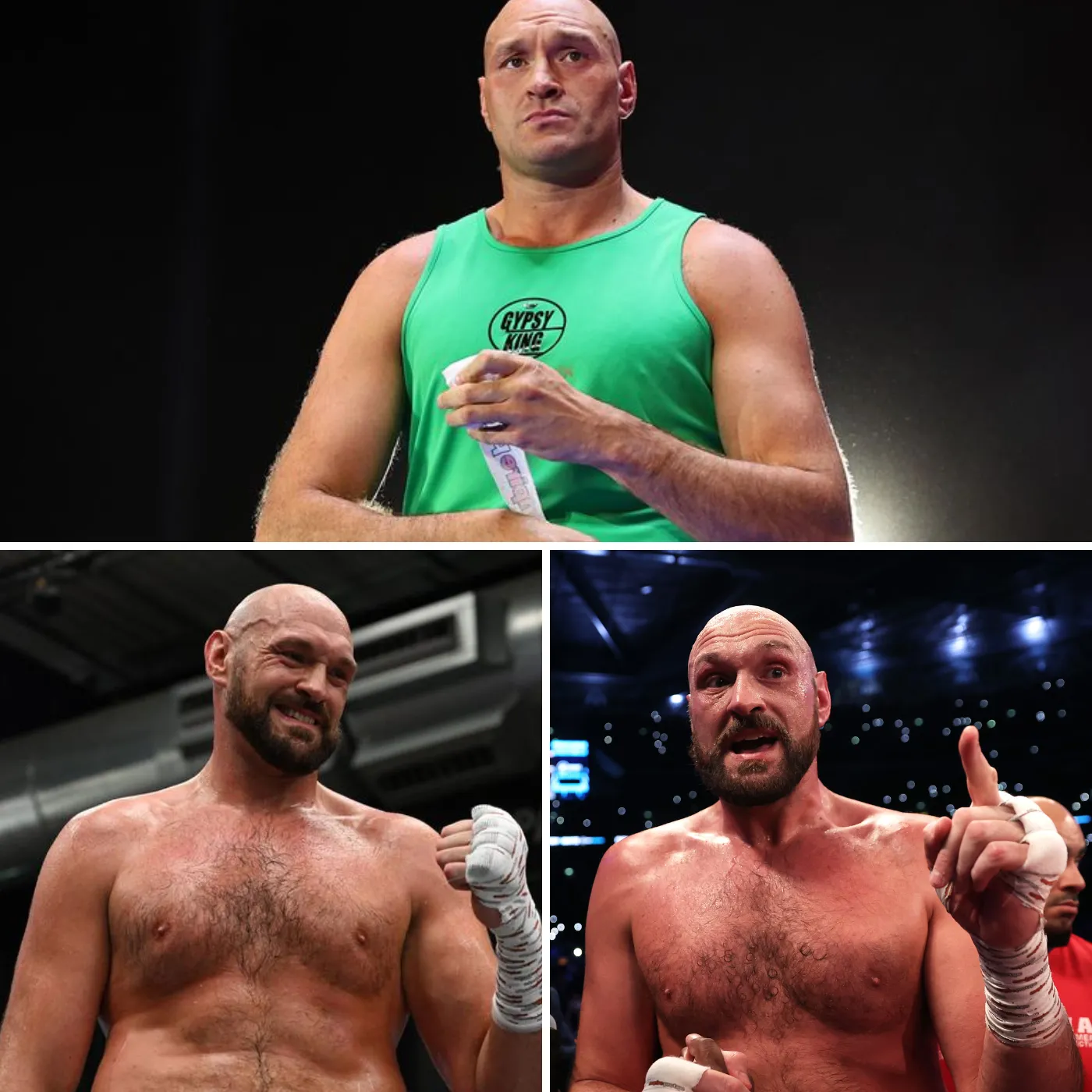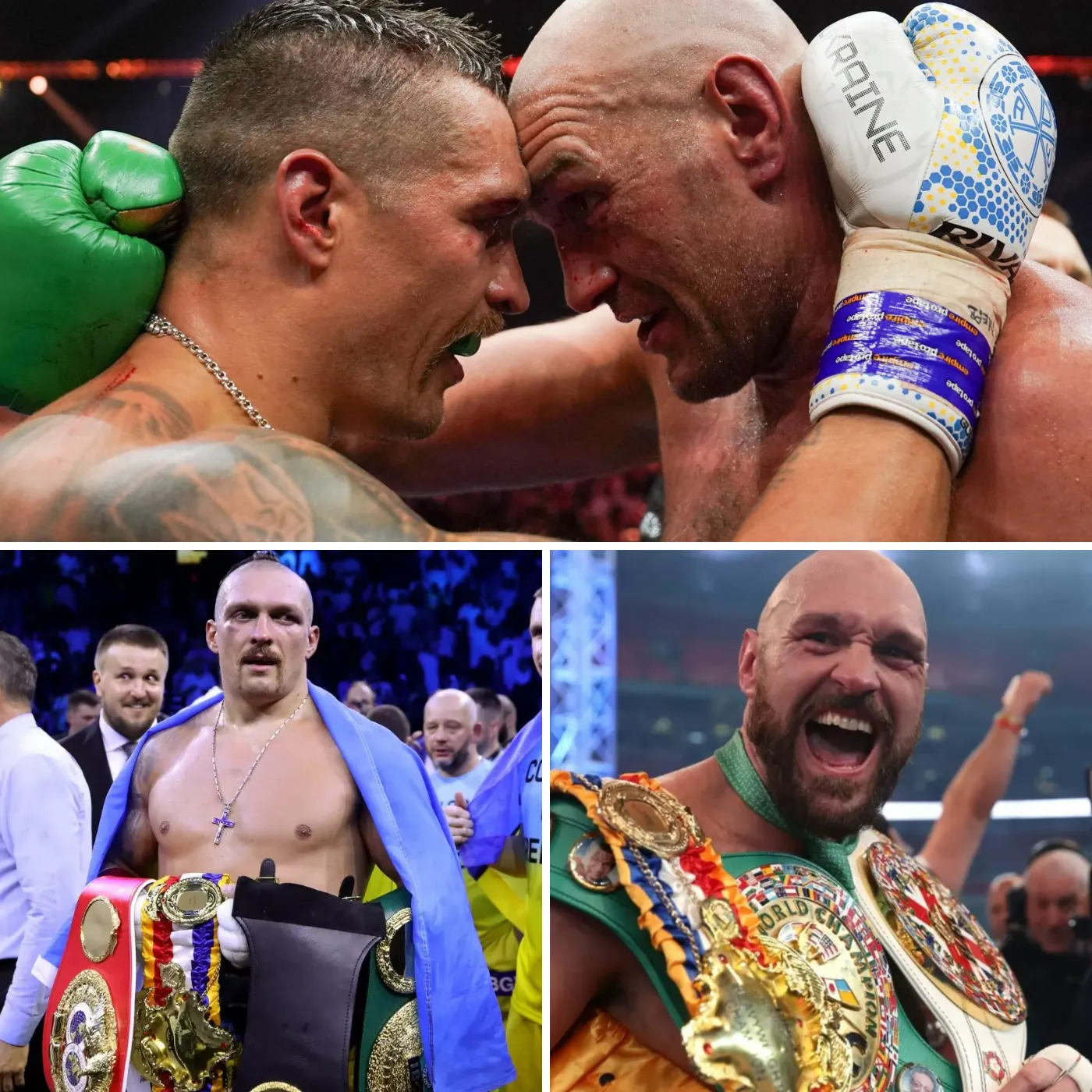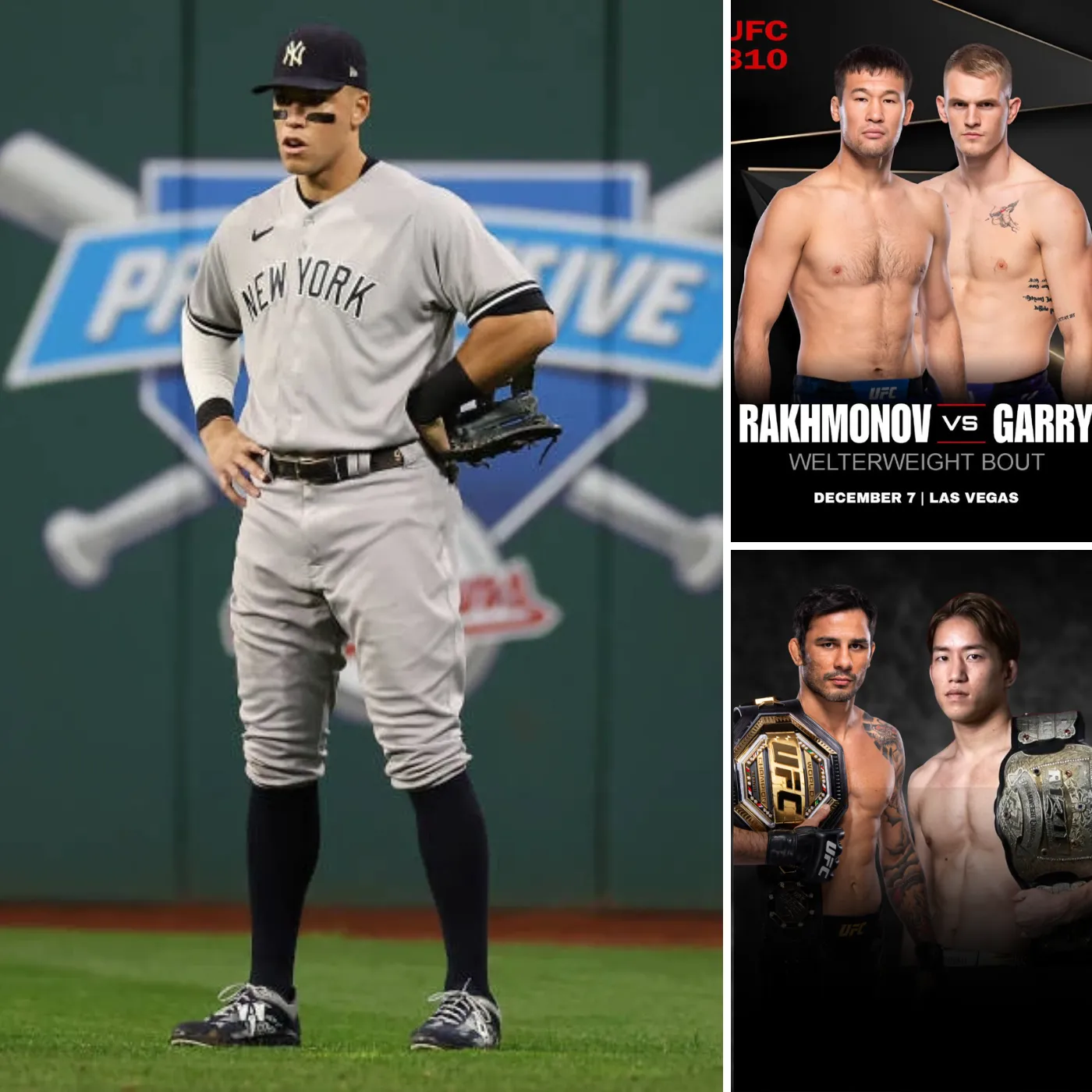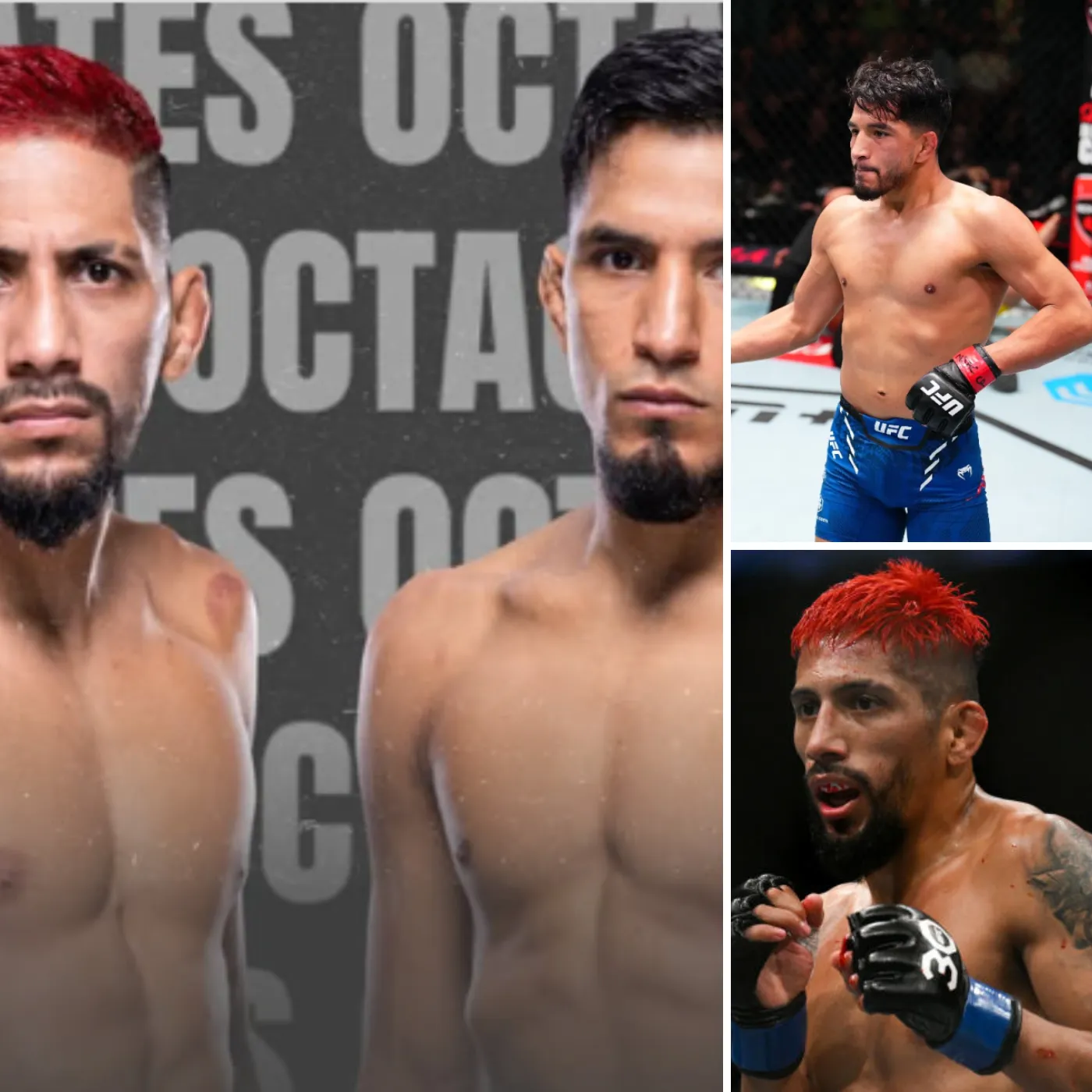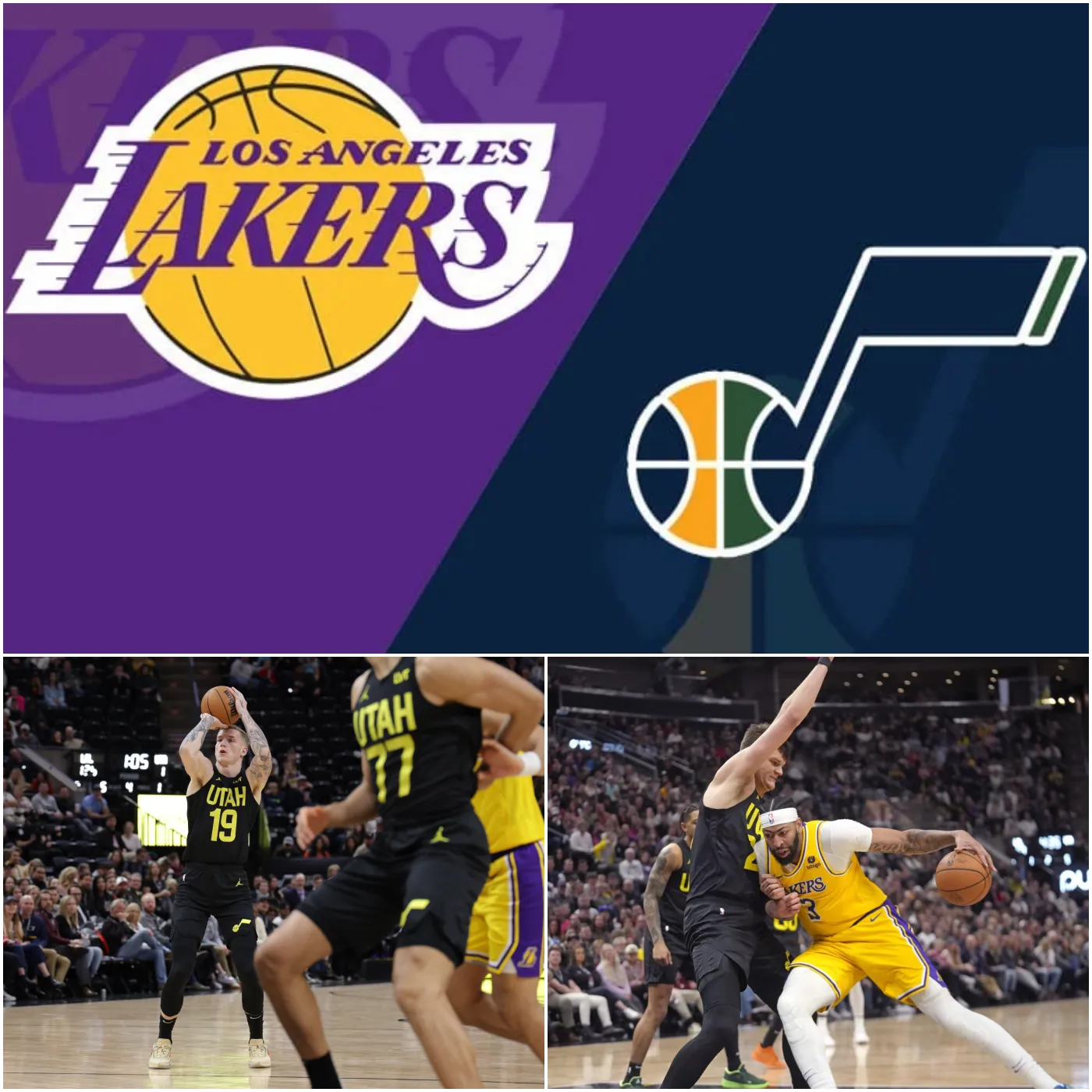Love in the Ring: The Impact of Personal Relationships on Athletic Performance
Francis Ngannou’s recent comment about Joaquin Buckley and his relationship with Paige VanZant has sparked a heated debate within the combat sports community. The heavyweight champion’s advice to Buckley was clear: don’t let personal feelings interfere with his performance in the ring. This statement raises an important question about the impact of personal relationships on […]
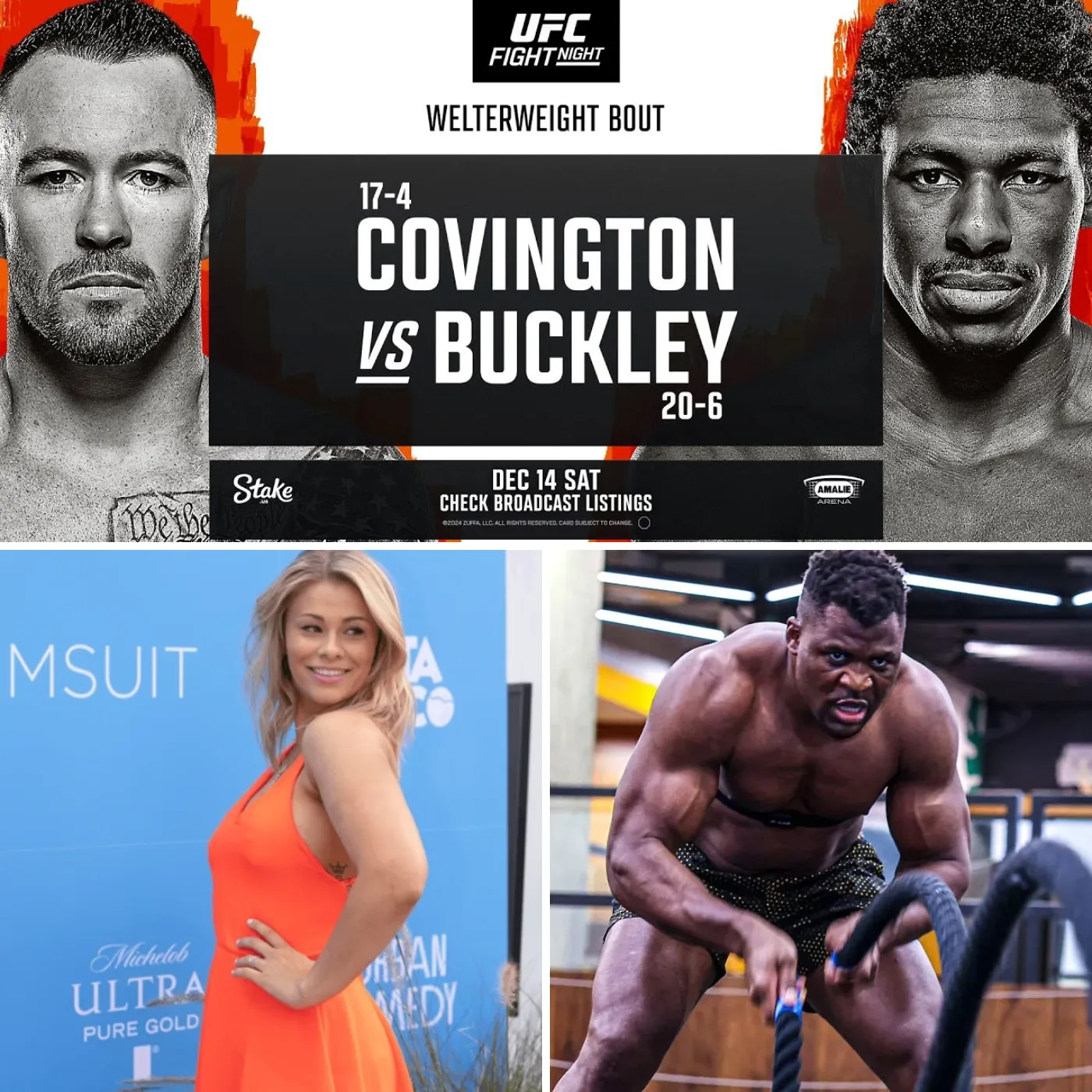
Francis Ngannou’s recent comment about Joaquin Buckley and his relationship with Paige VanZant has sparked a heated debate within the combat sports community. The heavyweight champion’s advice to Buckley was clear: don’t let personal feelings interfere with his performance in the ring. This statement raises an important question about the impact of personal relationships on athletic performance.
Lessons from the Ring: When Emotions Get the Best of Us
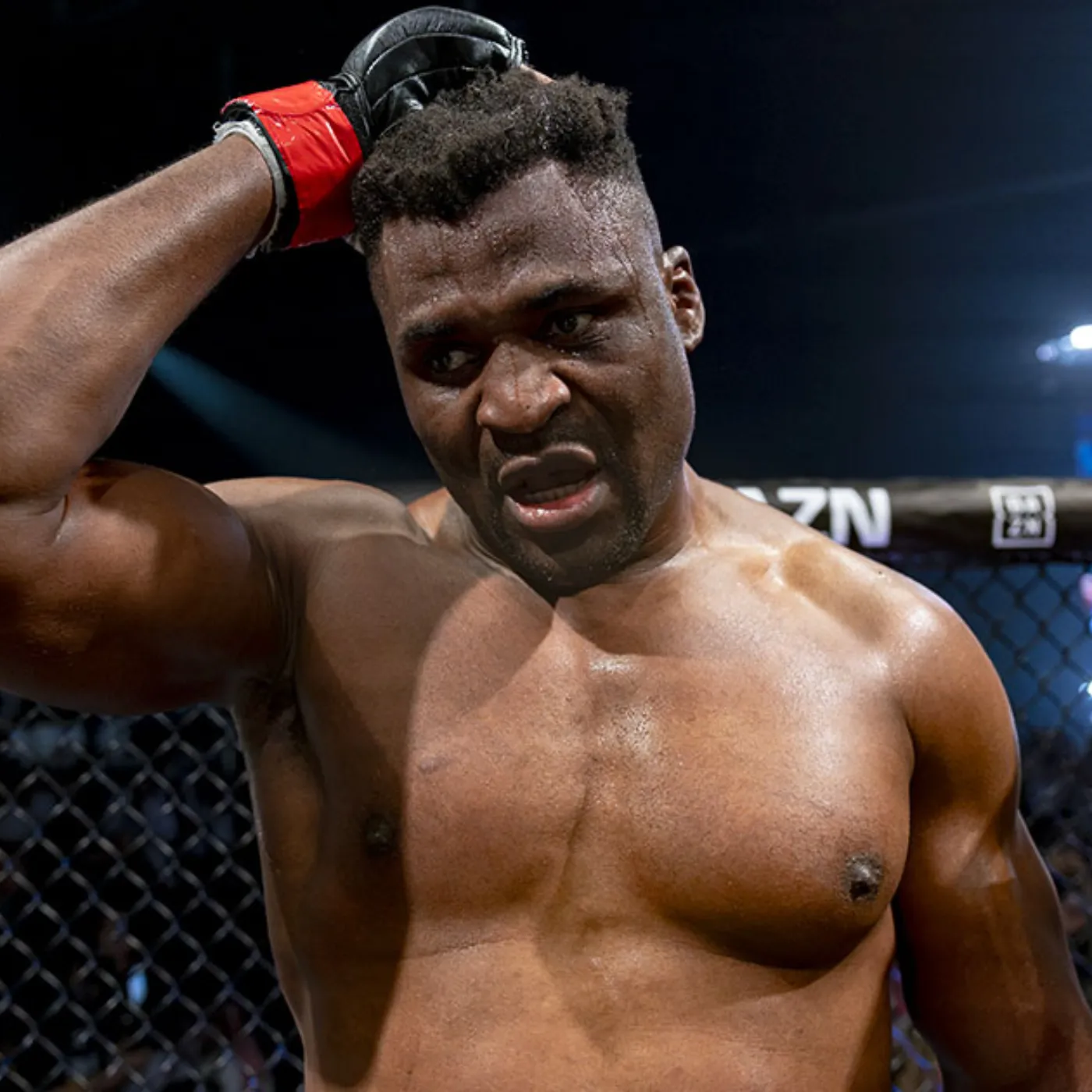
Psychological studies have shown that emotions such as anxiety, fear, and anger can significantly impair cognitive function and physical performance. In combat sports, where mental fortitude is as crucial as physical strength, the influence of emotions can be particularly detrimental. Numerous examples from the history of combat sports demonstrate how athletes have allowed personal issues to cloud their judgment and lead to subpar performances.
Striking a Balance Between Heart and Head
While it is undeniable that personal relationships can have a profound impact on an athlete’s life, it is equally important to maintain a clear separation between one’s personal and professional life. The ability to compartmentalize emotions and focus solely on the task at hand is a hallmark of elite athletes. In this context, the role of the coach becomes more important than ever. A good coach can not only help athletes improve their skills, but also support them psychologically. They can help athletes identify distractions, develop strategies to cope with pressure, and stay focused on their goals. In Joaquin Buckley’s case, his coach was able to help him find a balance between his love for Paige VanZant and his career as a boxer, ensuring that his personal relationship did not interfere with his performance.”
A Controversial Statement Ignites Debate
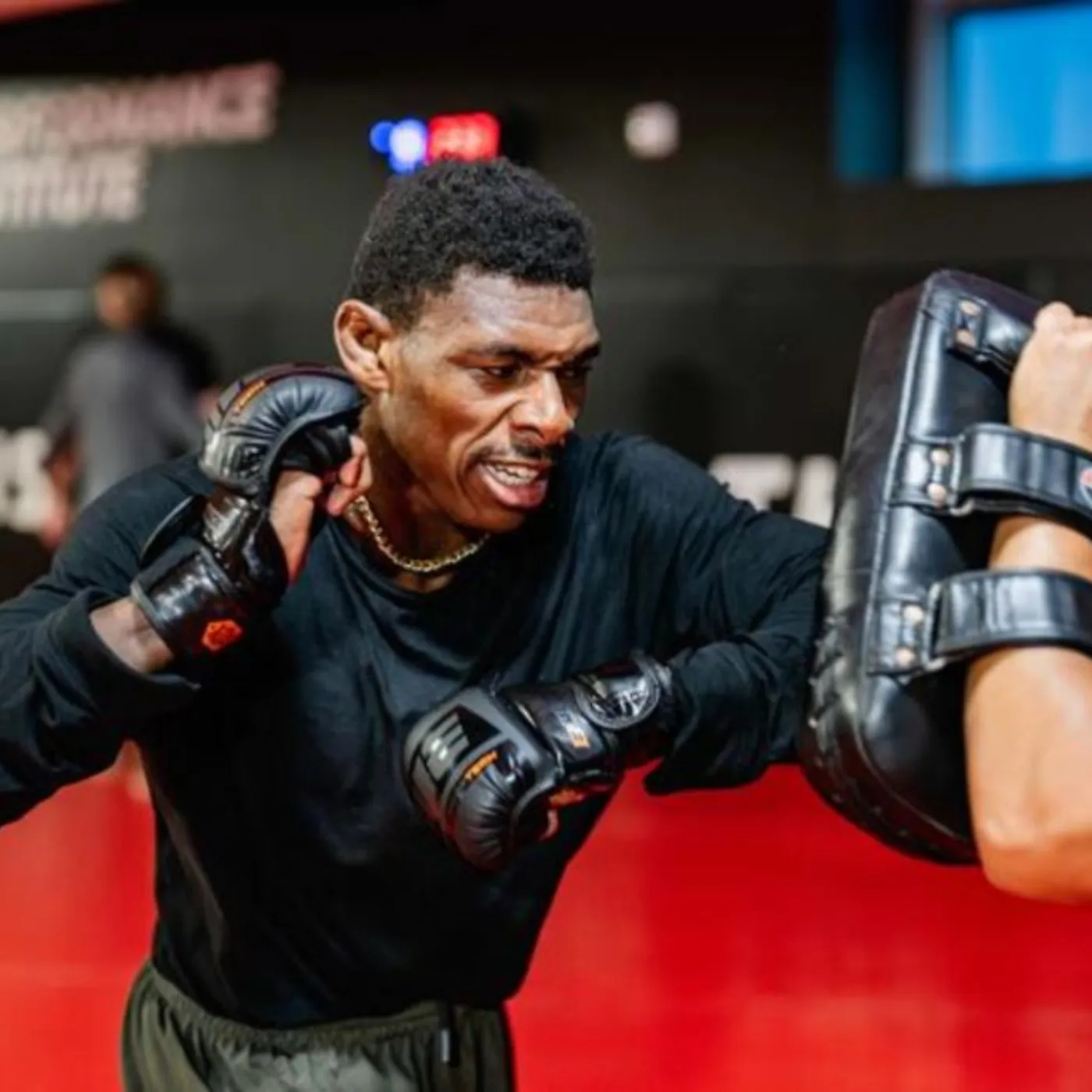
In the case of Buckley and VanZant, the public nature of their relationship and the intense scrutiny of the combat sports world have added an extra layer of complexity to the situation. The couple’s popularity has undoubtedly brought them a significant amount of attention, but it has also put a strain on their personal lives. As they navigate the challenges of fame and fortune, it will be interesting to see how they balance their personal and professional lives.
The Science Behind Emotions and Performance
In conclusion, Francis Ngannou’s advice to Joaquin Buckley highlights the delicate balance between personal life and professional success. While it is natural for athletes to be motivated by personal relationships, it is essential to prioritize the demands of competition. By maintaining a clear focus and a strong mental game, athletes can achieve their full potential and leave a lasting legacy. Francis Ngannou’s recent comment about Joaquin Buckley and his relationship with Paige VanZant has sparked a heated debate within the combat sports community. The heavyweight champion’s advice to Buckley was clear: don’t let personal feelings interfere with his performance in the ring. This bold statement, made during a post-fight interview, has since gone viral, prompting fans, analysts, and athletes alike to weigh in on the matter. Ngannou’s words raise a fundamental question about the impact of personal relationships on athletic performance. Can love truly get in the way of a fighter’s success?
